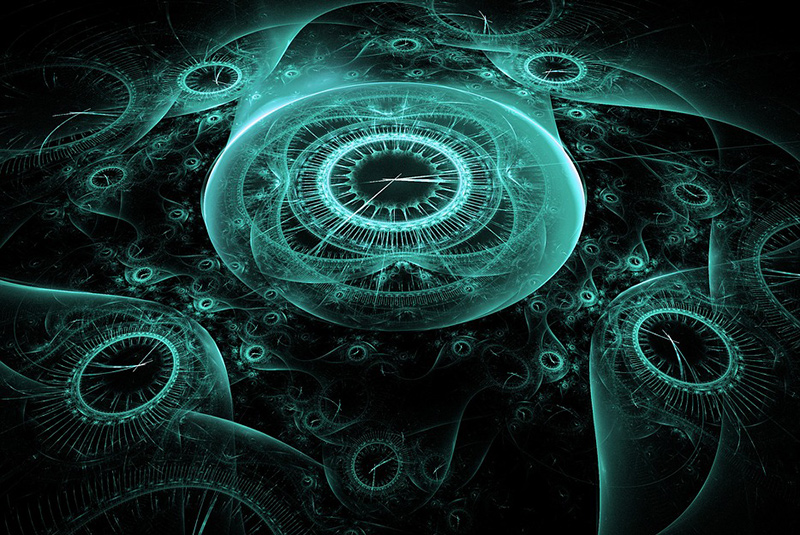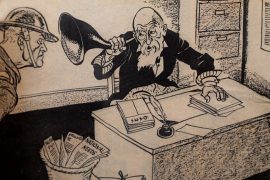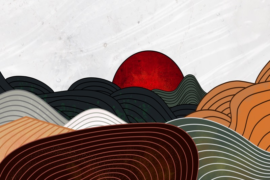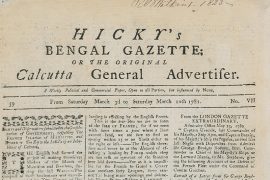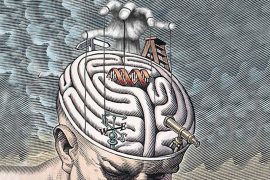The birth of modern science can be traced back approximately to the early part of the 17th century when it replaced the ancient practice of studying nature under the grandiose name of ‘Natural Philosophy.’ The person who dominated this period, and presided over the transition, was Galileo Galilei – an Italian polymath, more popularly known as the inventor of the telescope. He discovered, amongst other things, the four largest satellites of Jupiter, and the rings of Saturn. He analysed sunspots and the phases of Venus. He also laid the foundations of modern science through his work on kinematics and strength of materials, besides putting on firm footing ideas like free fall, projectile motion, the principle of relativity, friction, and inertia; to establish which he developed highly original scientific methods.
In 1632, in the month of February, Galileo published `The Dialogue Concerning Two World Systems’ in which he compared the heliocentric system due to Copernicus, which proposed that the Earth and other planets orbit around the Sun, with the hitherto well-entrenched geocentric system due to Ptolemy, which placed the Earth firmly at the centre of the Universe with everything moving around it in circles.
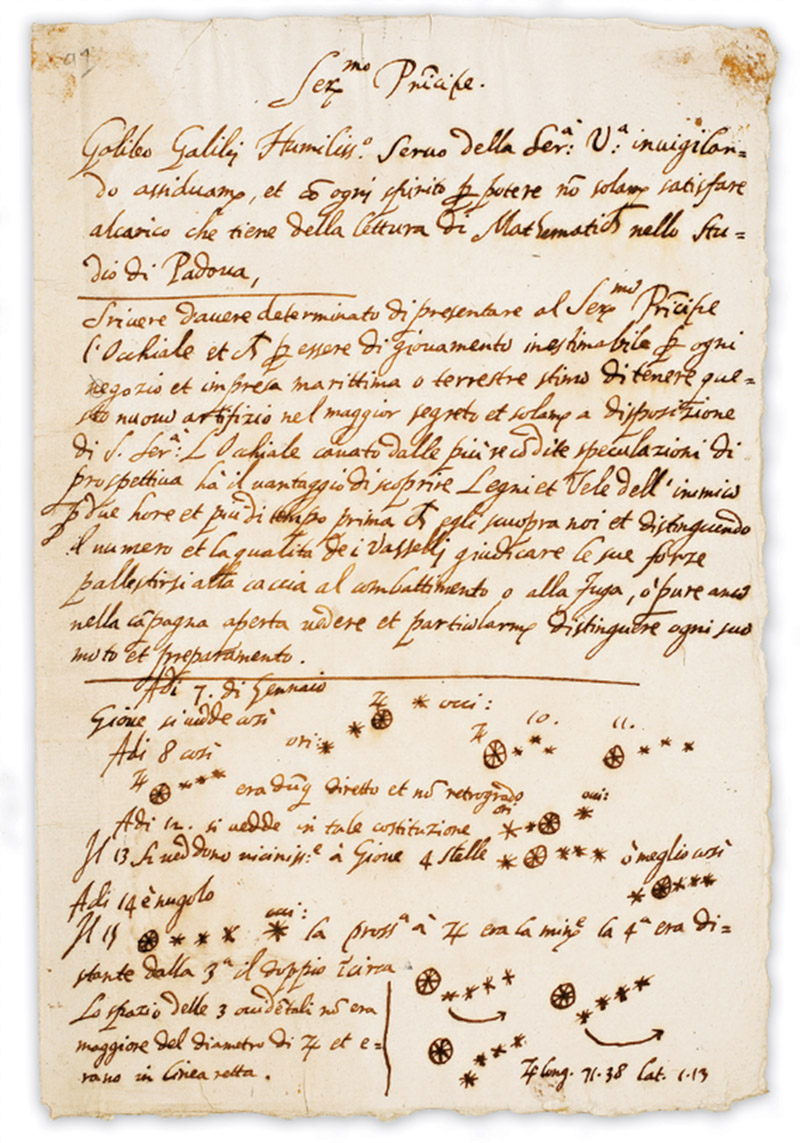
Copyright©Madras Courier, All Rights Reserved. You may share using our article tools. Please don't cut articles from madrascourier.com and redistribute by email, post to the web, mobile phone or social media.Please send in your feed back and comments to [email protected]

